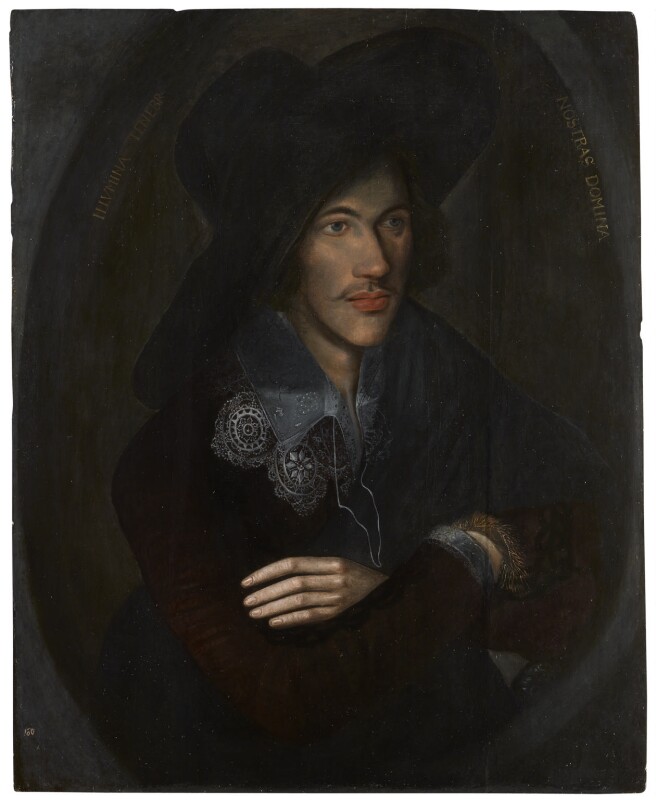Cita inicial en la novela Por quién doblan las campanas, de Ernest Hemingway.[Sin fuentes]
Original: «... No man is an island, entire of itself; every man is a piece of the continent, a part of the main. If a clod be washed away by the sea, Europe is the less, as well as if a promontory were, as well as if a manor of thy friend's or of thine own were: any man's death diminishes me, because I am involved in mankind, and therefore never send to know for whom the bells tolls; it tolls for thee...».
Variante: Nadie es una isla, completo en sí mismo; cada hombre es un pedazo de continente, una parte de la tierra.; si el mar se lleva una porción de tierra, toda Europa queda disminuida, como si fuera un promontorio, o la casa de uno de tus amigos, o la tuya propia. La muerte de cualquier hombre me disminuye porque estoy ligado a la humanidad; por consiguiente nunca hagas preguntar por quién doblan las campanas: doblan por ti.
Fuente: XVII. Meditation. Nunc lento sonitu dicunt, morieris. «Now, this bell tolling softly for another, says to me: Thou must die.»
Fuente: [Donne], John (en inglés). Devotions upon Emergent Occasions.... Ann Arbor Paperbacks/The University of Michigan Press, 1959. http://www.gutenberg.org/files/23772/23772-h/23772-h.htm Project Gutenberg eBook. Consultado el 15 de septiembre de 2019.
Frases célebres de John Donne
Howl's Moving Castle
Fuente: El escritor y sus fantasmas.[referencia no válida o incompleta]
John Donne: Frases en inglés
“I am a little world made cunningly
Of elements, and an angelic sprite.”
No. 5, line 1
Holy Sonnets (1633)
“Never send to know for whom the bells tolls; it tolls for thee.”
Fuente: No man is an island – A selection from the prose
The Anniversary, last stanza
Fuente: The Complete English Poems
“What if this present were the world's last night?”
No. 13, line 1
Holy Sonnets (1633)
Meditation 13
Devotions Upon Emergent Occasions (1624)
“The flea, though he kill none, he does all the harm he can.”
Meditation 12
Devotions Upon Emergent Occasions (1624)
“One short sleep past, we wake eternally,
And death shall be no more; Death, thou shalt die.”
No. 10, line 13
Holy Sonnets (1633)
“Let not one bring Learning, another Diligence, another Religion, but every one bring all.”
Meditation 7
Devotions Upon Emergent Occasions (1624)
IV. Mediscque Vocatur; The physician is sent for.
Devotions Upon Emergent Occasions (1624)
“Those set our hairs, but these our flesh upright.”
No. 19, To His Mistress Going to Bed, line 24
Elegies
Divine Poems, "On the Sacrament"; attributed by many writers to Elizabeth I. It is not in the original edition of Donne, but first appears in the edition of 1654, p. 352.
Disputed
Satyre III (c. 1598)
“All whom war, dearth, age, agues, tyrannies,
Despair, law, chance, hath slain.”
No. 7, line 6
Holy Sonnets (1633)
IV. Mediscque Vocatur The physician is sent for
Devotions Upon Emergent Occasions (1624)
Break of Day, stanza 1
“Whilst my physicians by their love are grown
Cosmographers, and their map, who lie
Flat on this bed.”
Hymn to God My God, in My Sickness, stanza 2
Song (Go and Catch a Falling Star), stanzas 2-3
A Valediction Forbidding Mourning, stanza 4
